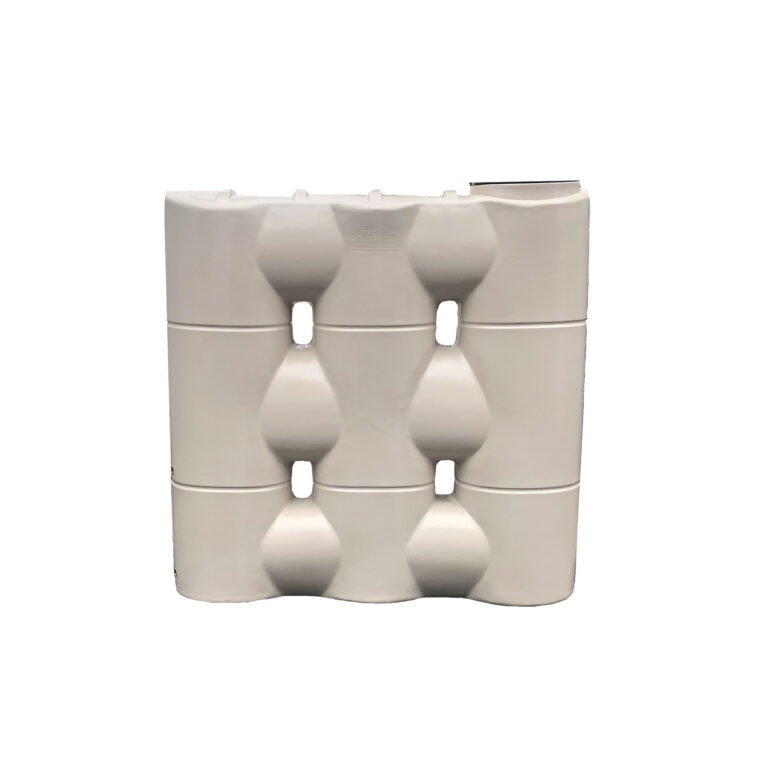Slimline Water Tanks: The Perfect Selection for Urban Water Storage Space
Slimline Water Tanks: The Perfect Selection for Urban Water Storage Space
Blog Article
Exploring the Different Uses Rainwater Storage Tanks for Residential and Commercial Characteristics
As the international concentrate on sustainable living techniques continues to intensify, the use of rainwater storage tanks in both household and commercial setups has actually emerged as a pertinent option. These containers offer a tank for rain harvesting, presenting a myriad of possible applications that extend much past plain storage. From irrigation to commode flushing and landscape design, the flexibility of rain containers is vast. Their integration right into commercial buildings opens up a realm of possibilities for ecologically aware organizations. The multifaceted uses rainwater storage tanks provide an engaging case for their adoption, not only as a practical water-saving step however additionally as a testimony to liable resource management.
Benefits of Making Use Of Rain Storage Tanks
Utilizing rain storage tanks offers countless benefits for both households and areas in terms of water conservation and sustainability. Among the crucial benefits of making use of rainwater tanks is the substantial reduction in dependence on mains water supply - Slimline water tanks. By recording and storing rain for later usage, individuals and areas can reduce their demand for cured water, ultimately reducing the problem on water treatment facilities and lowering energy intake connected with water transportation and treatment
Moreover, rainwater collecting through containers provides a trustworthy alternative water resource throughout times of water limitations or scarcities. This kept rain can be utilized for different non-potable objectives such as irrigation, purging toilets, and cleaning clothes, lowering the strain on standard water resources. Additionally, making use of rainwater containers can result in set you back savings for both households and areas by lowering water bills and reducing the demand for expensive facilities expansions to fulfill expanding water needs.
Essentially, the usage of rain containers provides a lasting and environmentally friendly approach to water administration, profiting both specific customers and the broader community in terms of water conservation, cost-efficiency, and strength.
Rain Container Use in Irrigation
Given the benefits of rainwater tanks in conserving water resources and decreasing reliance on mains supply of water, a considerable application depends on using kept rain for irrigation functions - Slimline water tanks. Rainwater harvesting systems can efficiently gather and store rain, offering a sustainable water source for watering gardens, lawns, and agricultural areas. By making use of rain for watering, homeowner can reduce their dependence on cured water resources, causing set you back savings and environmental advantages

Among the primary advantages of making use of rainwater for irrigation is its pureness. Rainwater is naturally soft and without the chemicals and additives commonly found in mains water, making it excellent for nourishing plants without the danger of harmful impacts. Additionally, rainwater goes to ambient temperature, which can benefit plant development by staying clear of temperature shocks that can accompany cool mains water.
Rainwater Storage Tanks for Commode Flushing

Executing rainwater containers for toilet flushing is an affordable and eco-friendly method that can be conveniently incorporated into both household and industrial homes. The stored rain can be used to purge bathrooms by attaching the storage tank to the existing plumbing system. This basic yet effective remedy can considerably decrease water usage in a building, especially in areas where water shortage is an issue.

Integrating Rainwater Storage Tanks in Landscaping
These tanks can catch and store rain runoff from roof coverings, which can after that be used for watering yards, yards, and plants. By making use of rainwater for irrigation objectives, residential property owners can minimize their reliance on local water resources, leading to cost financial savings and conservation of valuable water sources.
Along with giving a sustainable water resource for landscaping requirements, rain tanks can likewise aid in handling stormwater drainage. By capturing rainwater that would certainly otherwise stream right into storm drains, these storage tanks can mitigate erosion, minimize flooding threats, and avoid contamination of all-natural water bodies. Furthermore, integrating rain containers in landscaping can add to the total visual appeal of the building, showcasing a commitment to environmental stewardship.
Business Applications of Rain Tanks
Using rain containers in commercial settings provides a sustainable option for water monitoring and conservation, benefiting services and the atmosphere alike. Business applications of rainwater storage tanks are varied and significantly preferred due to the expense savings and ecological benefits they provide. One essential industrial usage is for watering objectives, where collected rain can be made use of to water landscaping, yards, and farming areas bordering commercial homes. This can cause substantial decreases in water expenses and dependence on metropolitan water sources.
Furthermore, rain collected in storage tanks can be dealt with and used for non-potable functions within business residential or commercial properties, such as flushing commodes, cleaning, and cooling systems. Generally, the unification of rain Get More Info tanks in industrial setups offers a practical and eco accountable strategy to water monitoring.
Conclusion
From irrigation to commode flushing and landscape design, the usage of rain storage tanks can help conserve water sources and lower water expenses. Generally, the convenience and sustainability of rain containers make them a beneficial financial investment for any type of property proprietor looking to raise water performance.
Report this page